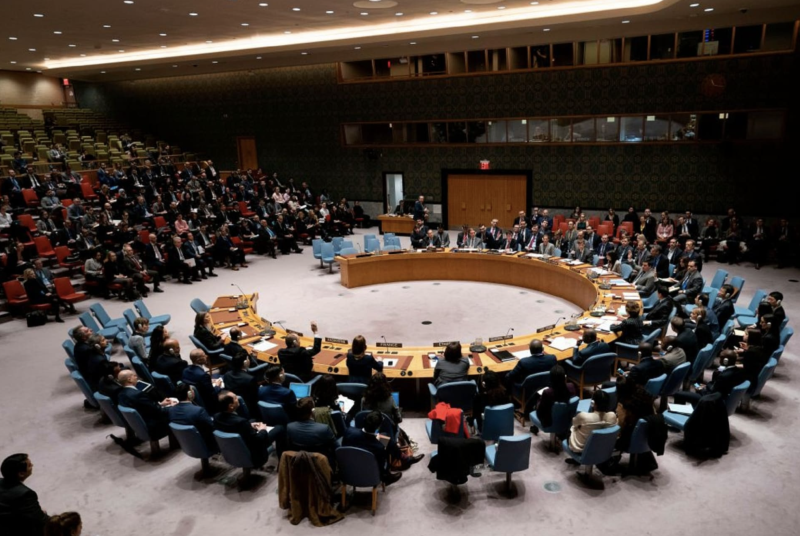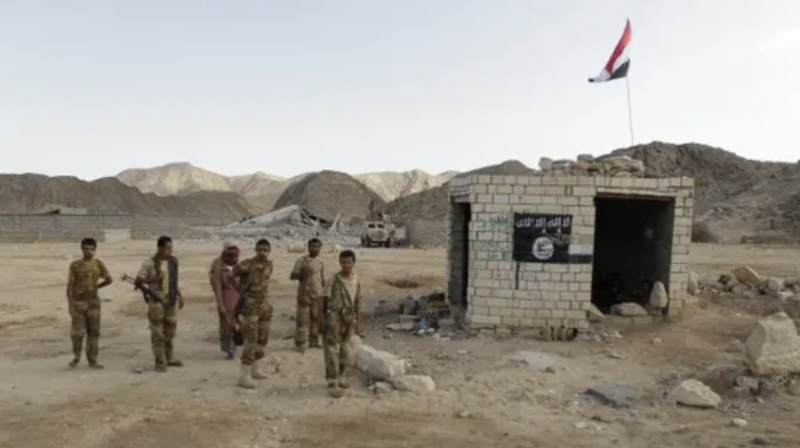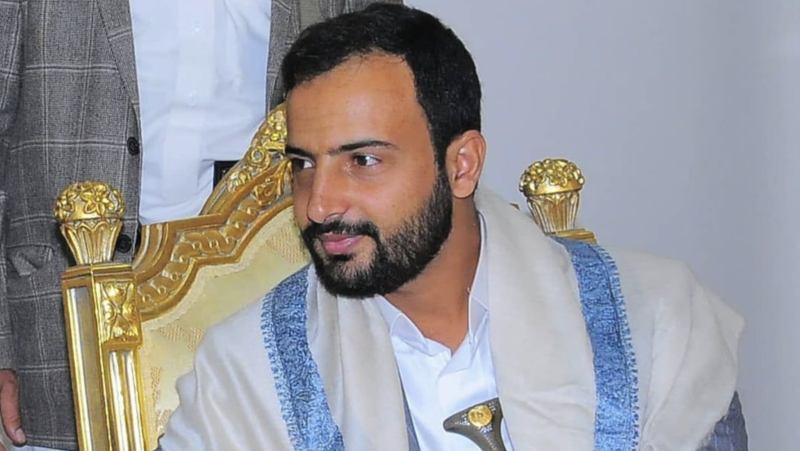Cabinet announcement said to be imminent in Yemen


Yemeni political sources warned of an escalation plan sponsored by Doha aimed at thwarting efforts to announce the new Yemeni government and implement the Riyadh Agreement.
Yemeni political sources revealed to The Arab Weekly that the Yemeni Prime Minister-designate, Mueen Abdul-Malik, has completed his consultations for forming the new government based on the provisions of the Riyadh Agreement, noting that the list of the 24 new cabinet members has been submitted to President Abd Rabbo Mansour Hadi.
This comes at a time when the Qatari-backed Muslim Brotherhood is trying to obstruct the implementation of the requirements of the Riyadh Agreement by carrying out drone attacks against positions of the Southern Transitional Council forces in Abyan.
The sources emphasised that the Yemeni president may issue a presidential decree announcing the formation of the new government within the next two days, assuming there will be an agreement reached on the military and security arrangements accompanying the formation of a parity government between the north and the south, in which the Southern Transitional Council (STC) will participate for the first time as the second signatory to the Riyadh Agreement.
The sources pointed out that the Arab coalition, led by Saudi Arabia, is making great efforts to overcome the obstacles still obstructing the completion of the implementation of the Riyadh Agreement, announcing the new government, and starting to implement the military and security part of the agreement, which is still beset with many difficulties.
Saudi efforts to advance the implementation of the agreement concluded in Riyadh between the Yemeni government and the STC are accompanied by indications of the increasing activity of the Qatari-backed current in the Yemeni government to abort that agreement and causing the military showdown in Abyan governorate (east of Aden) to flare up.
In this context, a prominent leader in the Southern Transitional Council accused government forces in Abyan of trying to undermine the progress achieved in the political track of the Riyadh Agreement through military escalation in the ceasefire zones east of Aden.
Salem Thabet al-Awlaki, a member of the STC, accused on Twitter, Monday, what he called “Brotherhood militias” of targeting STC forces with drones at the Abyan front.
“The use of drones on Sunday evening against southern forces in the coastal sector of the Abyan front, and the announced threats to some of the coalition headquarters in Shabwa, reveal an agenda that does not follow the Riyadh Agreement,” he wrote.
“Progress made in forming the new government is excellent news, but obviously, there are still those who continue to try to escalate the situation on the ground, and they do not care about the progress achieved in Riyadh,” he added.
The Arab Weekly had previously revealed that the Muslim Brotherhood in Yemen had leaked rumours saying the STC had used drones, in a manoeuvre to cover up the fact that the Qatar-backed forces in Abyan and Shabwa had obtained such aircraft to be used against the STC forces.
The spokesman for the STC forces in the Abyan front, Mohammad al-Naqib, commented on Twitter the government forces’ use of drones to target STC sites, saying, “The terrorist Brotherhood militia had previously claimed that they had been hit by a drone and accused our forces. Not only did we, at the time, reject this false accusation but also clarified its significance and purpose. We said that the militia was justifying in advance its intention to use drones.”
Informed political sources indicated that, at the request of the Arab coalition, the STC presented a comprehensive vision of the way to implement the military and security part of the Riyadh Agreement and implement redeployment operations in Aden and Abyan, while military leaders in the legitimate government were still voicing reservations about the redeployment plan under the Riyadh agreement. This plan includes complete withdrawal of all forces from Shabwa governorate at a later stage and the appointment of governors and security directors for the southern governorates.
On the developments in the implementation of the Riyadh agreement, Mansour Saleh, deputy head of the STC’s media department said that the STC has presented its vision for the implementation of the Riyadh agreement based on the acceleration mechanism proposed by the Saudi government, and that the ball is now in the government’s court.
“The government, unfortunately, is experiencing a state of division, and there is an essential part of it working to obstruct and hinder any progress on the path of implementing the agreement, by keeping up its provocations, its war of services in Aden and the lack of seriousness in implementing the initial obligations,” he added.

NewYork -- The United Nations Security Council has urged all parties in Yemen to de-escalate tensions and intensify diplomatic efforts to end the c…

Marib — A senior al-Qaeda commander was killed Tuesday in a suspected U.S. drone strike in Yemen’s northern province of Mareb, accordin…

London — The United Kingdom has announced new sanctions targeting Hussein al-Houthi, son of Abdulmalik al-Houthi, leader of the Houthi militi…